A sustainable, equitable food and farming system.
In a state that provides the majority of America’s fruits and vegetables, we seek to promote equitable food and farming systems that promote healthy communities, full bellies, and the preservation of vital ecosystem services.
California has over 77,000 farms that produce 400+ commodities. Farming produces over $50 billion dollars of revenue across 25 million acres of land. We are the largest producer of what the federal government considers specialty crops: fruits, nuts, and vegetables. But we are also a water-poor state, prone to drought, and while our climate is well-suited to year-round agriculture, our agricultural practices are built on systems of oppression: of land, of people, of water, of soil.
California is a paradox: with so much agricultural bounty, still 1 in 8 Californians consistently struggle with food insecurity. Without features of the safety net such as Calfresh, school meal programs, and WIC, this numbers would be even higher.
We partner other organizations around the state to build more equitable and sustainable food and farm system as part of the California Food and Farming Network.

Food and Faith?
Food matters in Lutheran tradition. Our central sacrament of communion is that of bread and wine, both gifts of cultivation and transformation by yeast and fermentation.
The Old Testament, written in an agrarian society, is full of recommendations for caring for the land, among them letting fields lie fallow to restore soil integrity and allowing people to glean food from the edges of fields.
The manna story teaches the Israelites in the wilderness to take what only what is needed and to rest.
In the New Testament, Jesus’ first miracle is at the wedding at Cana, where he transforms water into wine so that the people may continue celebrating as a community. He goes on to multiply loaves and fish and to share meals with people across boundaries of class and politics.
The church has a rich history of feeding and ministering to people. In our church today, congregations throughout the state have community gardens, food shelves, and community meals. Many of our members work within or around food and farming systems.
Learning Resources
“Why We Can’t Separate Justice and Sustainability in the Food System” – article from a political agroecologist
Christopher Carter on Looking at Food Theologically – 25-minute podcast on from the Duke Sanford World Food Policy Center
Food and Farming Podcasts – 25-minute podcasts from the Duke Sanford World Food Policy Center
